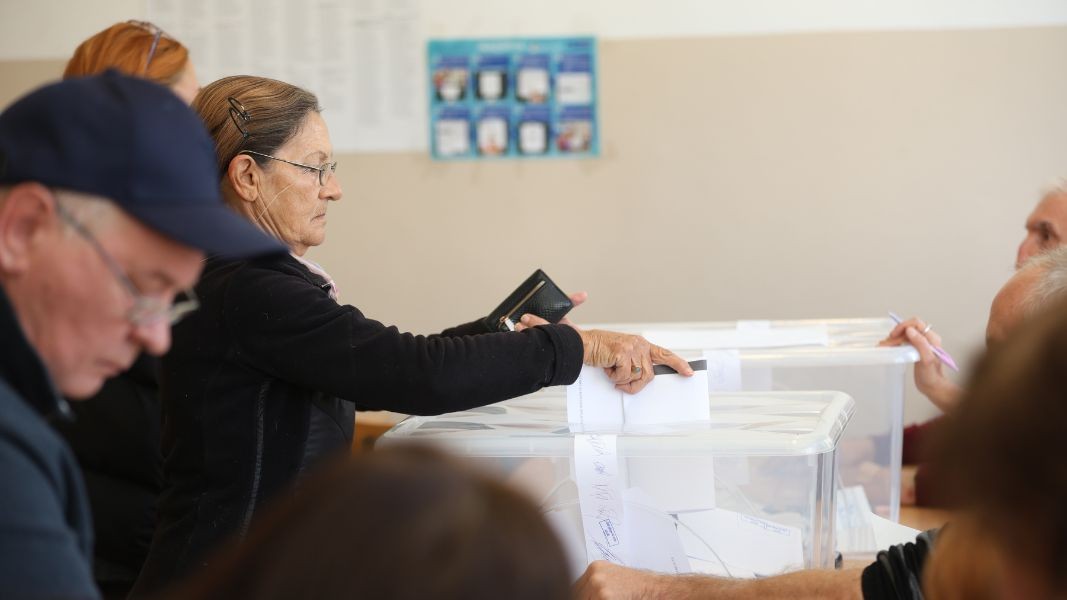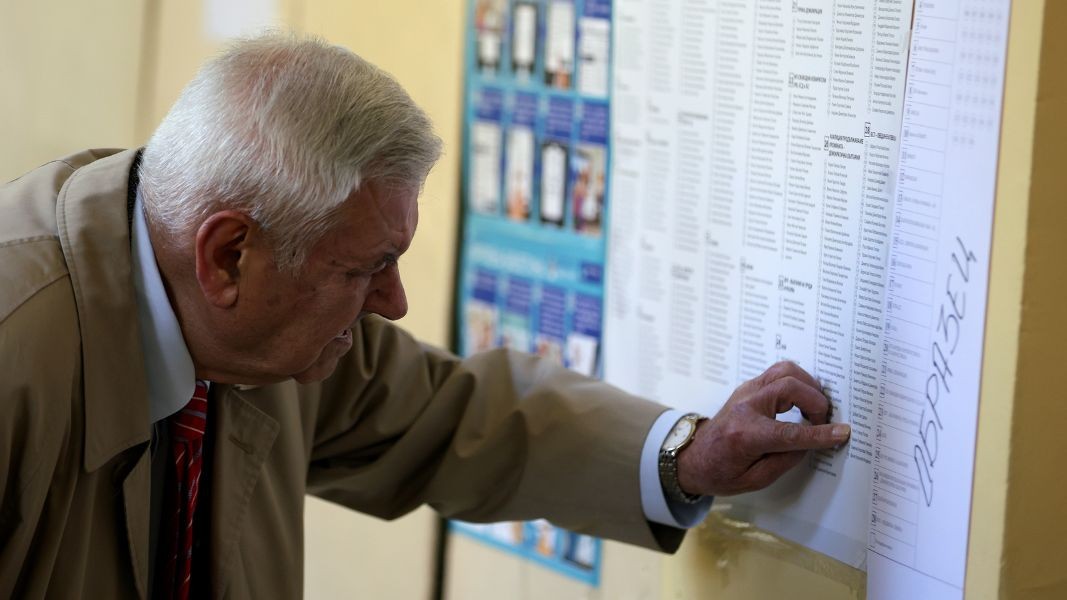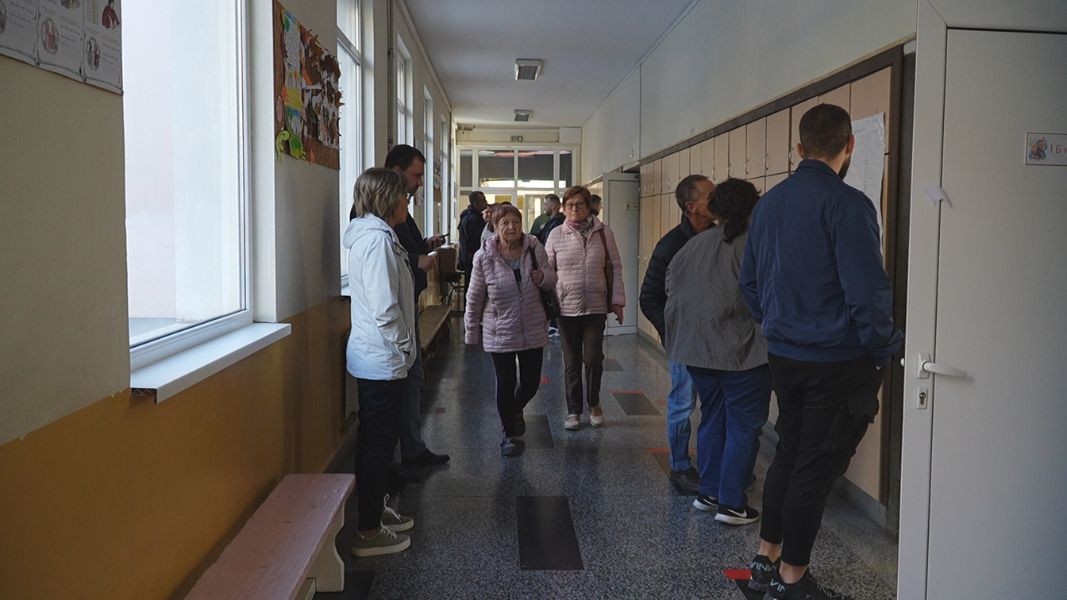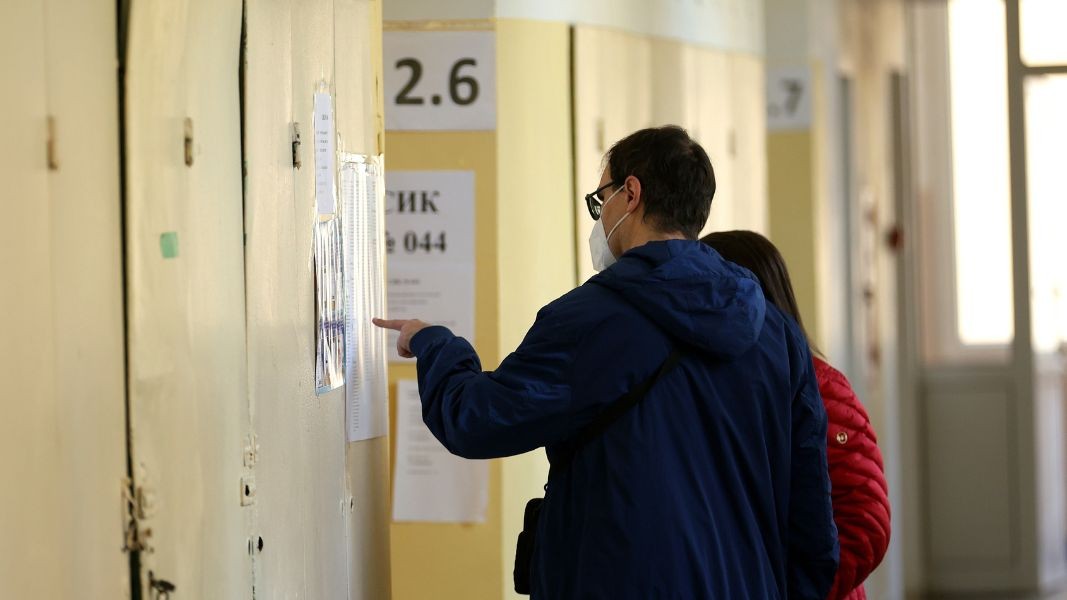





The Constitutional Court has opened a case following the request by President Rumen Radev for the amendments to the Constitution, endorsed by the 49 th National Assembly, to be declared unconstitutional. These amendments concern the lifting of the..
On Friday, the wind from the south will increase and will be moderate and strong, near the northern slopes of the mountains of southern Bulgaria stormy wind is expected Clouds will be patchy, significant over the western areas, but will quickly begin..
According to an analysis by the Electricity System Operator, a shortage of electricity is expected as early as January and February next year. At a thematic conference organized by the Center for the Study of Democracy in Sofia, Delyan Dobrev from..
“It’s time to lift internal border controls now,” European Commissioner for Home Affairs Ylva Johansson believes. In an interview with RFE/RL she..
The Constitutional Court has opened a case following the request by President Rumen Radev for the amendments to the Constitution, endorsed by the 49 th..
Romania and Bulgaria have a chance to join the Schengen area by land as of January 2025 , Hungarian Interior Minister Sándor Pinter said after an..

+359 2 9336 661
